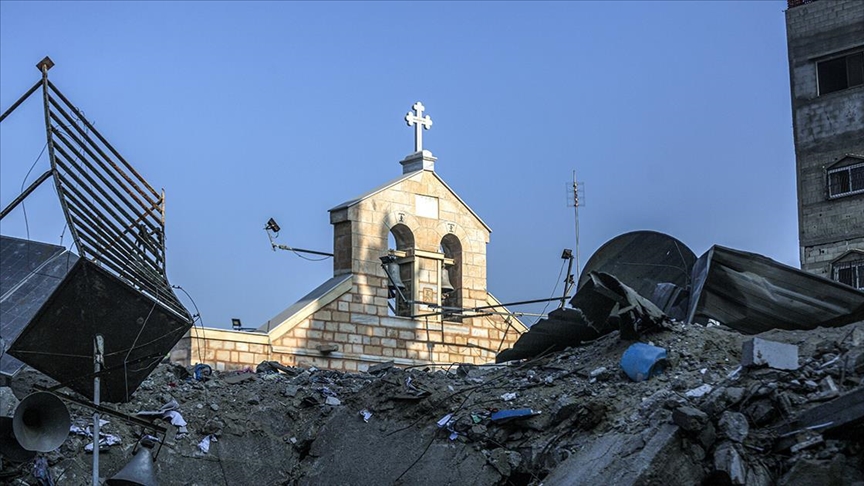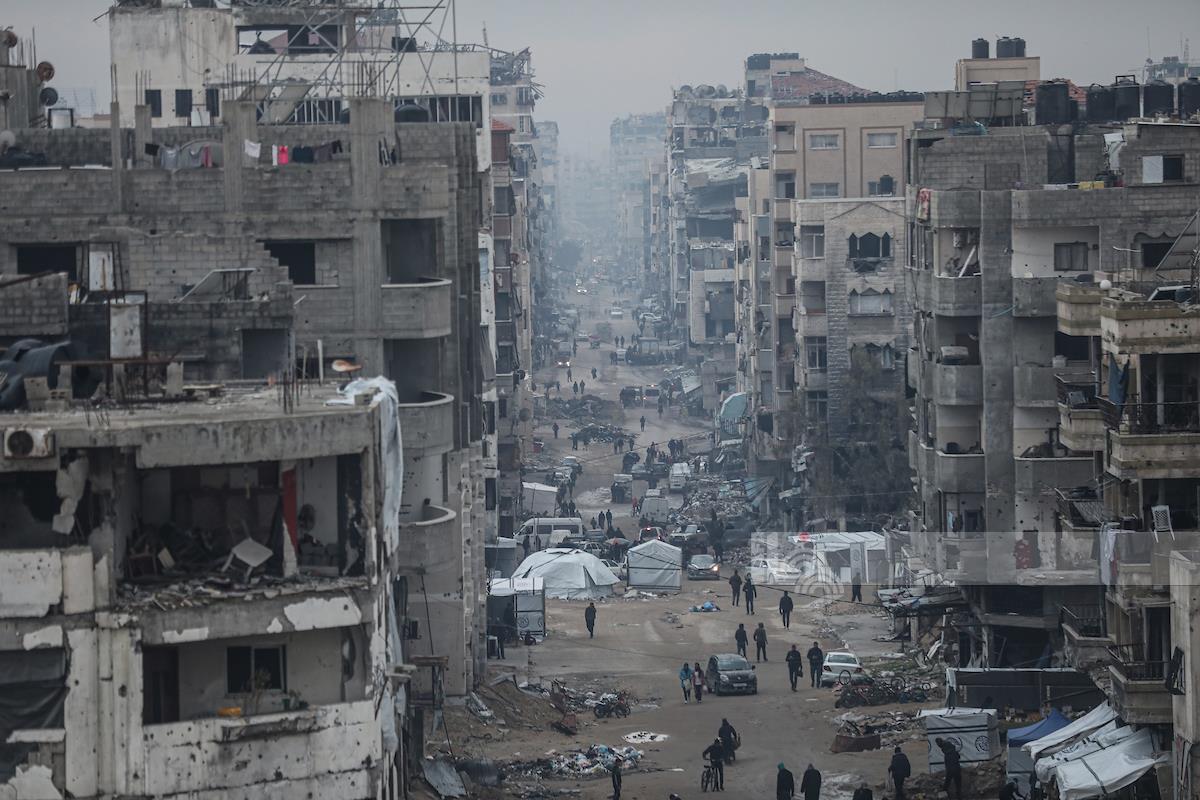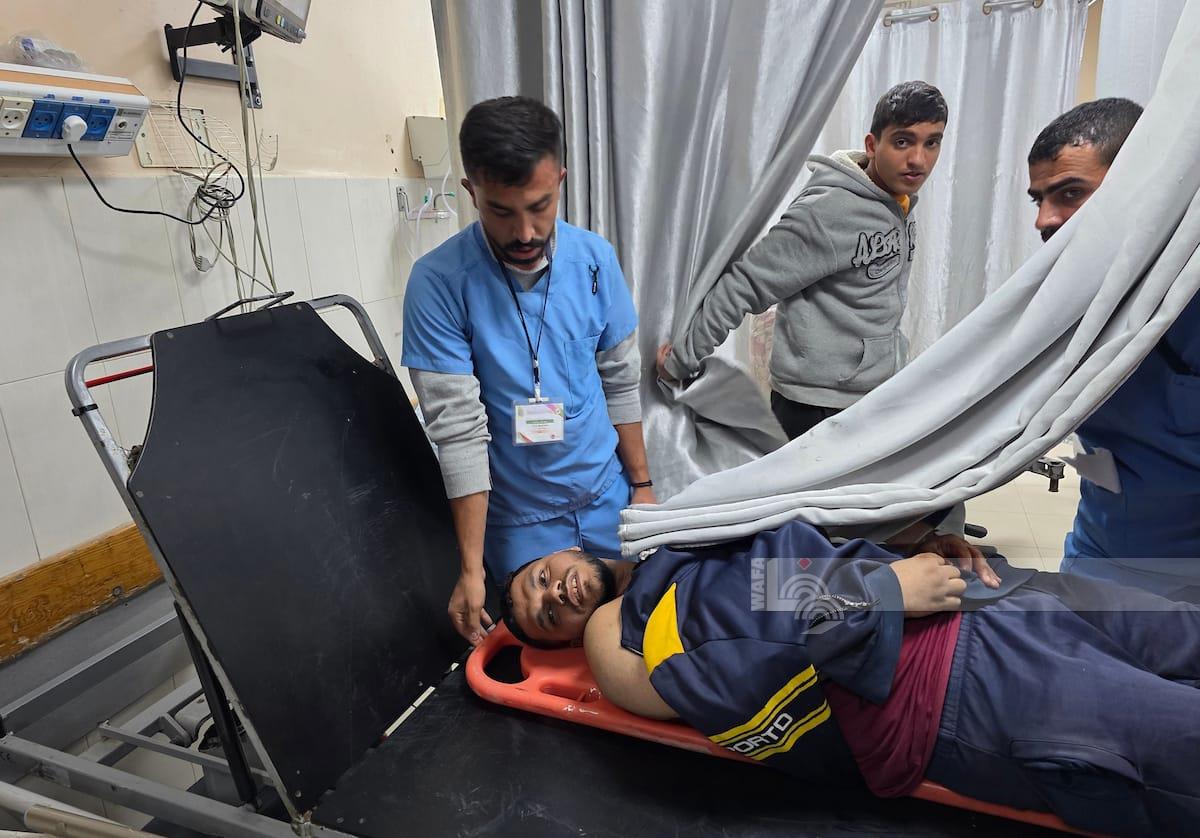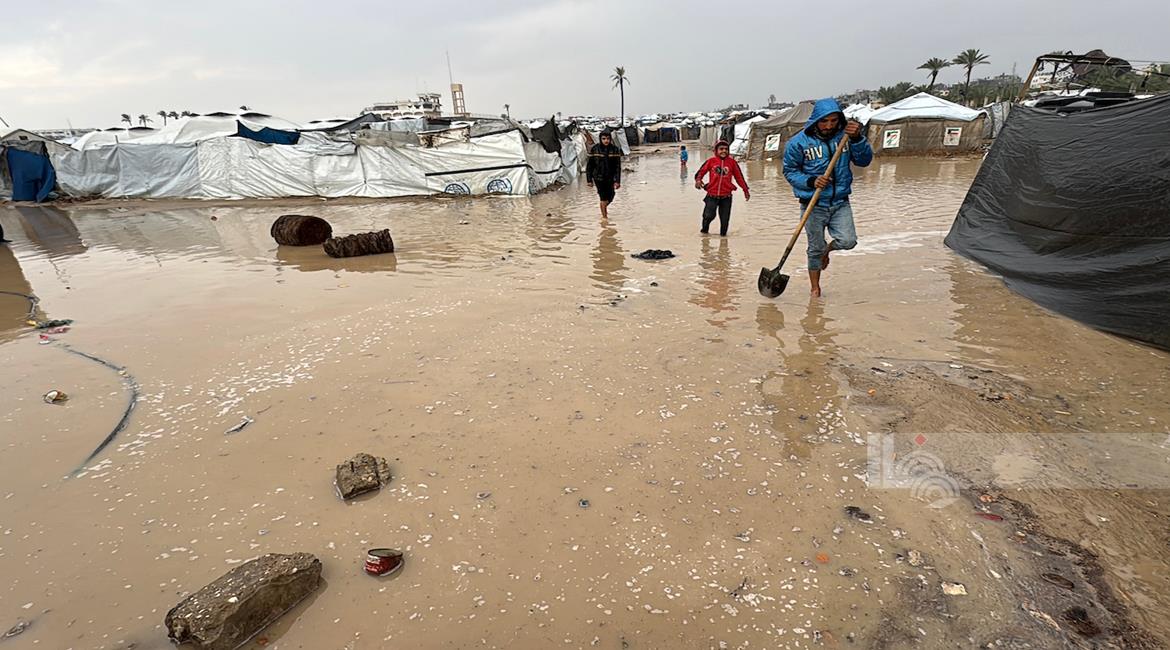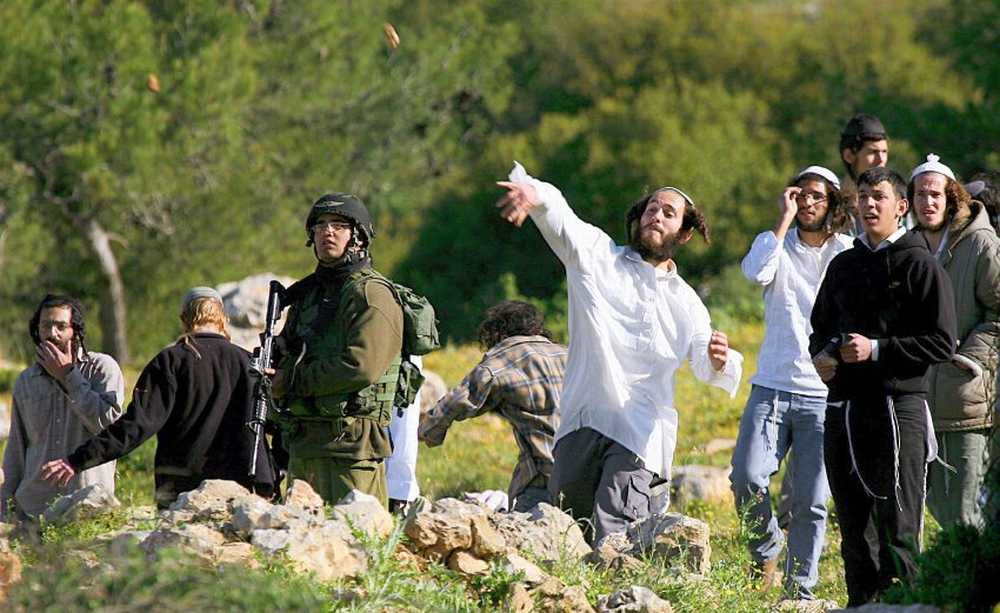By Mohammad Dahman
GAZA, March 9, 2025 (WAFA) – On March 5, Catholic churches worldwide marked Ash Wednesday, the beginning of the Great Lent season, a period of reflection and fasting in preparation for Easter. During this solemn day, priests draw a cross with ash on the foreheads of the faithful, repeating the words: “Remember, O man, that you are dust, and to dust, you shall return.” As Christians across the globe prepare spiritually for the resurrection of Christ, the people of Gaza, including the region's Christian community, are living amidst the aftermath of the Israeli brutal war.
The Gaza Strip, having endured the catastrophic effects of the Israeli genocide since October 7, 2023, continues to grapple with its devastating consequences. More than 160,000 people—most of them women and children—have been killed or injured, and over 14,000 are still missing. The destruction is unparalleled, touching every facet of life. Amid this horror, Gaza's Christian population, once around 1,100, has dwindled to a mere 700, as many fled their homes in search of safety.
Many found refuge in three churches: the Church of the Holy Family for Latin Catholics, the Saint Porphyrius Church for Greek Orthodox, and the Baptist Church located within the Al-Ahli Arab Hospital in Gaza City. However, these places of sanctuary too became targets for Israeli airstrikes. These bombings resulted in the deaths and injuries of several displaced civilians, a tragic blow to the community.
George Anton, head of the emergency committee at the Church of the Holy Family and operations manager for Caritas Jerusalem’s Gaza branch, shares his experience with WAFA: "The church has faced several Israeli attacks during the recent war, resulting in significant damage to the building. On December 16, 2023, my aunt Naheda Khaleel Anton and her daughter Samar Kamal Anton were killed inside the church by Israeli sniper fire. Seven others were wounded while attempting to rescue them. Additionally, on October 19, 2023, Saint Porphyrius Church was bombed, killing 18 people, including ten from a single family."
Despite these attacks, the Church of the Holy Family has never ceased its humanitarian mission. "The church has sheltered nearly 700 displaced individuals and continues to host 450 to this day," says Anton. "In addition, our Love and Peace Center, which cares for children and elderly people with disabilities, was also severely damaged by an airstrike."
The church’s role in humanitarian aid
In the face of an escalating humanitarian crisis, the Church of the Holy Family, in partnership with Caritas Jerusalem, has been instrumental in providing relief. Their efforts have included shelter, food and clean water distribution, financial assistance to families who lost their livelihoods, and emergency medical services for the sick and injured. Caritas’ medical teams, along with the church’s health committee, also provided essential support to local hospitals, supplying them with medicines and medical equipment.
The church’s efforts were not unnoticed. On May 16, 2024, the Latin Patriarch of Jerusalem, Cardinal Pierbattista Pizzaballa, visited Gaza to express his solidarity with the Christians of the Holy Family Church and witness their suffering firsthand. He led a Mass at the church, visited Saint Porphyrius, and assessed the damage caused by the Israeli bombardment. Another visit took place on December 22, 2024, when the cardinal led the Christmas Mass at the Church of the Holy Family, reaffirming the church’s commitment to standing with the Palestinian people during this time of hardship.
Pope Francis also maintained regular communication with the Church of the Holy Family’s pastor and the community, offering words of encouragement and reinforcing their resilience. "The Pope has been a constant source of strength, reminding us that we are not alone in this struggle," says Anton.
Support for the community during Ramadan
Despite the ongoing challenges, the church continued its support for the broader community, including the Muslim population, during Ramadan. They distributed food parcels to families and organized iftar meals for local teachers, promoting unity and solidarity across religious divides. Anton emphasizes, "In Gaza, we live with our Muslim brothers and sisters as one family. We celebrate together during Ramadan and Christmas, sharing traditions and customs. Despite the war, we still hold on to the hope of a better tomorrow."
Reflecting on his own personal struggles during the war, Anton recalls how his family—his wife Nasreen and daughters Layla, Juliet, and Natalie—had to flee their home after it was destroyed in an Israeli airstrike. They sought shelter at the church, living in a small room, where Anton continued his work to help the displaced, despite the grave dangers. “The fear was overwhelming, especially as the church itself was bombed. But my faith and my sense of responsibility kept me going. I knew I had to be there for the people who depended on us.”
His parents, living in Germany, were understandably anxious about his safety but supported him, especially given his father’s long history of service to the Palestinian cause as a member of the Palestinian National Security.
The church’s future plans in Gaza
Despite the immense destruction, the Church of the Holy Family is committed to rebuilding and supporting the local community. Their future plans include expanding educational services through the schools they manage, establishing a new medical center to provide essential healthcare to the affected, and creating more camps for displaced families to improve their living conditions. The church will also continue to provide humanitarian aid to tens of thousands of families in need.
For Palestinians, especially Gaza’s Christians, their identity and history are intertwined with the land itself. “Palestine is not just a holy land for us,” Anton says. “It is our identity. We’ve been here for centuries, and we will remain here. We live together with our Muslim brothers and sisters in a shared struggle for freedom, justice, and peace.”
--
M.N




